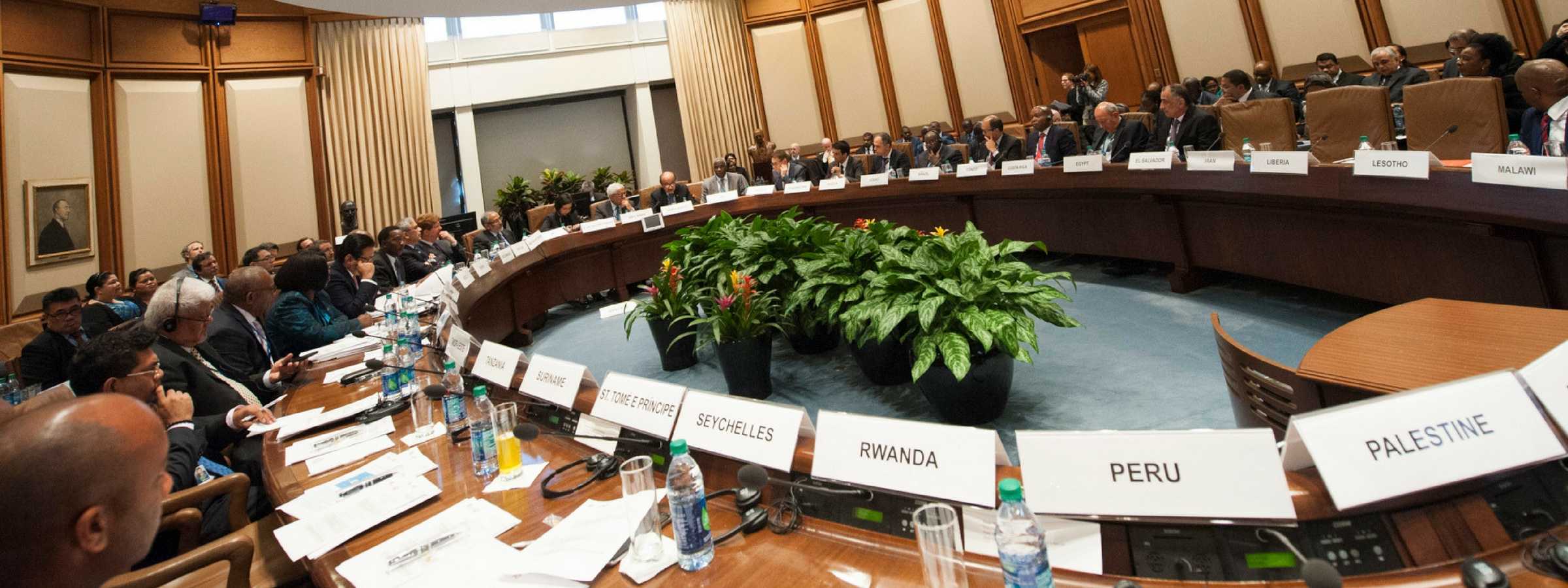“FinTech continues to be the greatest hope in terms of financial inclusion and inclusive growth,” highlighted Patrick Ngugi Njoroge, Governor of the Central Bank of Kenya at a special roundtable held at IMF headquarters in Washington, D.C. on 18 April 2018. Njoroge, also the African Central Banker of the Year 2018, made the statement sharing the contribution of M-Pesa in advancing digital financial inclusion in Kenya and lifting Kenyans out of poverty.
On the program, more than 100 senior policymakers, led by 30 Central Bank Governors from emerging and developing countries, discussed aspects of FinTech that hold the greatest potential to support financial inclusion goals, and how fintech can lead to economic growth, income inequality, and poverty reduction.
FinTech has the potential for developing solutions to address digital identity for the financially excluded, as well as sharing useful lessons to effect transformation. Thus, technology can be used to achieve financial inclusion objectives and create efficiencies in the market in terms of costs, transparency, trust in institutions and provide stronger consumer protection regimes.
A law to regulate FinTech companies has been recently issued in Mexico, which is based on five principles: “to promote financial inclusion, protect consumers, strengthen financial stability, guarantee financial integrity and foster competition among participants,” shared President of National Banking and Securities Commission (CNBV) of Mexico Bernardo Gonzalez Rosas.
“The challenge for regulators is how to foster innovation while safeguarding consumer protection and enhancing the stability of the financial sector,” Governor of Bangladesh Fazle Kabir told the meeting.
Strengthening public-private dialogues to enhance a better understanding of the role of FinTech in enhancing financial inclusion can be translated into implementing policy and regulatory reforms to catalyze inclusive fintech, stressed the stakeholders participating in the program.
The roundtable concluded that in the future, FinTech should effectively implement proportionate regulatory regimes that come from practical examples based on peer-learning.














